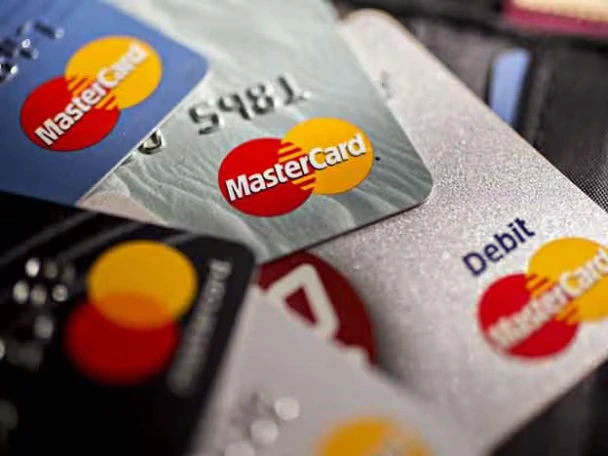Blockchain Wallet vs Bank Card: Which One Actually Wins Your Trust?
Blockchain Wallet vs Bank Card: The Money Matchup You Didn’t Know You Needed
Let’s be honest—money isn’t what it used to be. A decade ago, swiping a bank card was the pinnacle of convenience. Now? Blockchain wallets promise a revolution. But which one actually wins in the battle of blockchain wallet vs bank card? Spoiler: It’s not as clear-cut as you’d think.
The Basics: What’s the Difference?

A bank card is your classic debit or credit card—tied to a traditional bank, regulated, and, well, kinda slow sometimes. It’s the old guard. A blockchain wallet, on the other hand, is your gateway to crypto—decentralized, borderless, and lightning-fast (when the network isn’t clogged, anyway).
But here’s the kicker: one relies on banks; the other cuts them out entirely. So, which side are you on?
Security Showdown: Who Keeps Your Money Safer?


Ah, security—the biggie. Bank cards come with fraud protection, chargebacks, and customer service (if you can stomach the hold music). But they’re also vulnerable to hacks, skimming, and good ol’ human error.
Blockchain wallets? They’re Fort Knox… if you don’t lose your private key. No middleman means you’re the security team. Lose that 12-word phrase? Congrats, your crypto’s gone forever. Some love the control; others break into a cold sweat just thinking about it.
Winner? Depends. Paranoid self-storers might pick blockchain. Traditionalists? Bank cards, hands down.
Fees: The Silent Budget Killer
Bank cards love fees—foreign transaction fees, ATM fees, overdraft fees (seriously, who decided these were okay?). Blockchain wallets? They’ve got gas fees, exchange fees, and the occasional “why did this 10transfercost10transfercost8?” moment.
But here’s the twist: blockchain can be cheaper for cross-border stuff. No SWIFT delays, no 3% currency markup. Then again, crypto’s volatility might wipe out those savings if Bitcoin decides to dive mid-transfer.
Verdict: For daily spending? Bank cards. For global transfers? Blockchain might edge ahead.
Speed: Instant vs… “Please Wait”


Ever waited three days for a bank transfer to clear? Yeah, us too. Blockchain wallets can settle transactions in minutes (or seconds, if you’re using Solana or Lightning Network). But—big but—network congestion can turn “fast” into “why is this taking an hour?”
Bank cards? Swipe, approve, done. Unless it’s international. Or after hours. Or the system’s down.
Scoreboard: Blockchain wins for speed… usually.
Flexibility: Who Plays Nicer with Your Life?


Bank cards work everywhere—groceries, gas stations, that sketchy taco truck. Blockchain wallets? Unless your taco guy accepts Bitcoin (shoutout to the pioneers), you’re stuck converting to cash first.
But—plot twist—blockchain wallets let you dive into DeFi, NFTs, and that weird world of crypto gaming. Bank cards? They’re still figuring out Venmo.
Final Round: Need everyday ease? Bank card. Living in the crypto future? Blockchain.
So, Which Wins? (Spoiler: It’s Complicated)
In the blockchain wallet vs bank card face-off, there’s no knockout winner. Bank cards are the reliable, if slightly boring, champion of convenience. Blockchain wallets? They’re the risky, rebellious upstart with huge potential (and occasional faceplants).
Maybe the real answer is… both? Use a bank card for coffee runs, a blockchain wallet for everything else. Or flip it. Heck, mix and match. Money’s evolving—why shouldn’t you?
Relevant News: HERE




